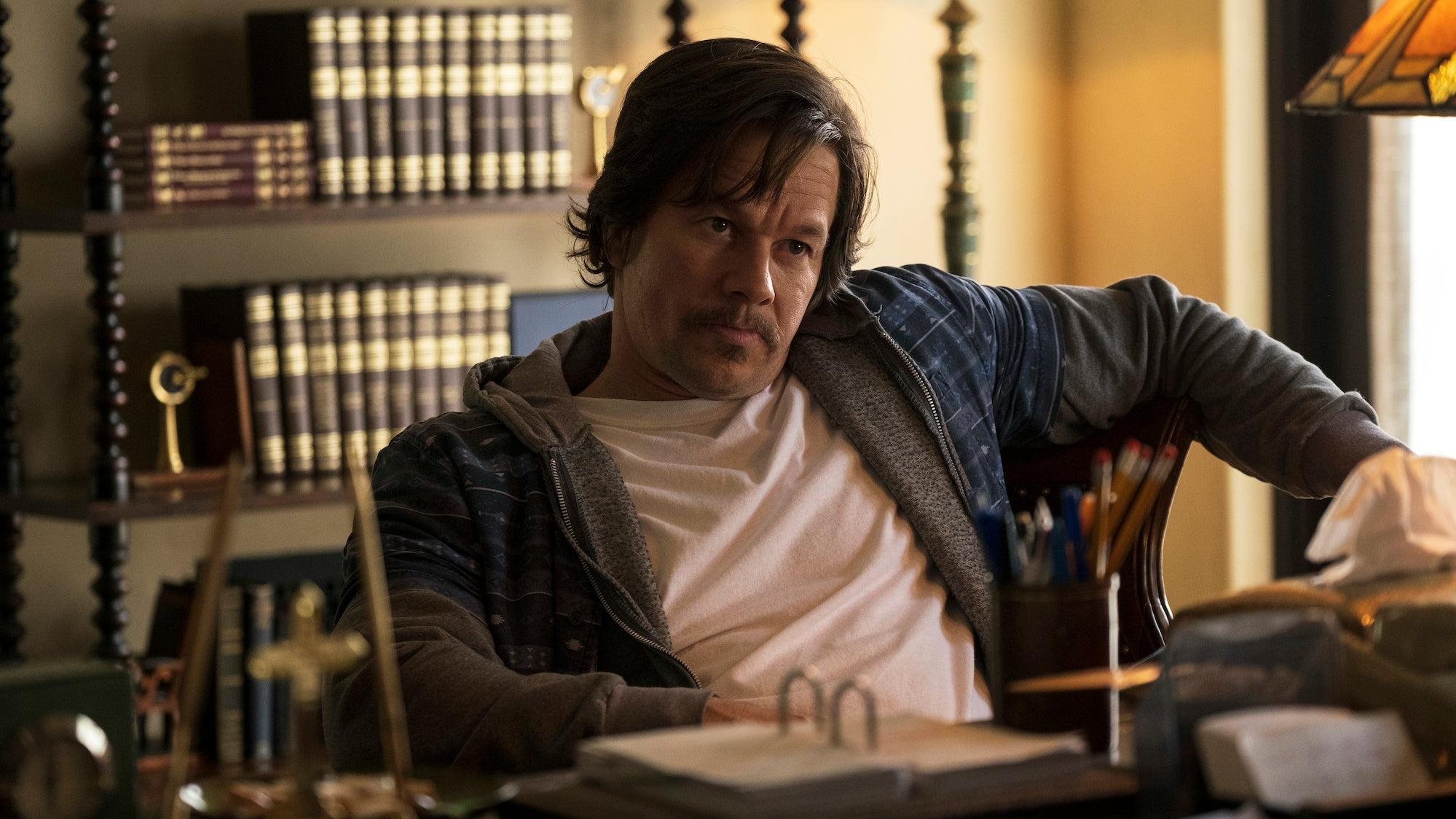Mark Wahlberg gives faith-based filmmaking a (slightly) better name in Father Stu
Mark Wahlberg stars and produces this inspiring true story about a boxer-turned-priest

“Faith-based” is a movie qualifier that comes with a lot of baggage. Because this burgeoning sub-genre embraces what might be charitably described as simplistic storytelling, its entries risk baiting critics into grading on a curve. On the other hand, the themes and inner conviction these films explore encourage a certain knee-jerk dismissiveness and groupthink, which calls into question the supposed open-mindedness of critics and their ability to meet these works where they exist.
Father Stu is the latest faith-based big screen offering but, told with sensitivity, earnestness and no small amount of sly, rascally charm, it is first and foremost a sure-handed match of material and a movie star’s strengths. Starring Mark Wahlberg as a boxer-turned-priest, this based-on-a-true-story drama feels wholly lived-in, in part (though not exclusively) because of how capably it taps into the working-class appeal of its lead.
The story centers on Stuart Long, a journeyman amateur boxer in Montana whose family still lives, decades on, in the shadow of loss. The death of his older brother at only six years old ripped apart the marriage of his parents Kathleen (Jacki Weaver) and Bill (Mel Gibson), leaving Stuart estranged from the latter. With occupational prospects seemingly drying up, Stuart impulsively moves to Hollywood, where his father now lives, with dreams of becoming an actor.
When religiously devout Carmen (Teresa Ruiz) catches his eye, Stuart tracks her down at her church. There, feeling called to become a better man, he begins to pull back from the audition circuit, talk less with his fists, and nurture his spirituality. After a dramatic motorcycle accident, he even decides to become a priest. Eventually diagnosed with an incurable, progressively degenerative muscle disease, inclusion body myositis, Stuart must grapple with what he sees as God’s plan for him, and its impact on those he loves.
Father Stu isn’t a cynical play for demographic market share. Once it lands its character in a place of surrender and acceptance, it is, appropriately, utterly sincere about Stuart’s faith. It also melds its religiosity with a certain type of rugged individualism, however, in which simple doggedness is lionized as an attribute, and imbued with outsized virtue. This is, to be fair, a legitimized personality trait, consistent in everything from Stuart’s pursuit of seminary to his persistence in wooing Carmen.
But it’s here that, for some, a bit of discomfort might creep in. This approach is so often misinterpreted for and/or conflated with a “by-one’s-own-bootstraps” mentality (by creators and audiences alike). This is, in turn, used to justify a vision of Christianity in which everything from poverty to disease is something to be personally overcome, with an abdication of any shared social responsibility—or, indeed, the chance even existing for bettering the lives of those outside of our most immediate family and friends. To be clear, this isn’t what Father Stu is primarily selling. But it also doesn’t explicitly reject this, leaving the movie open to a blinkered interpretation.
This concern is mitigated, though, by both the film’s craftsmanship and its acting. Early on, Wahlberg (also a very hands-on producer on the project) pulls familiar levers of gruff, irreverent ambitiousness. But the quality of his performance and the film’s plainspoken charms eventually become more richly evident. They’re most cast into relief in a pair of well-delivered sermons, the latter in which a sick, self-effacing Stuart extols the benefits of suffering as the ultimate chance to be close to Christ. Ruiz (Narcos: Mexico) also gives a very good turn, breathing deep feeling into a role that, in far lesser hands, could have been construed as a wan variation on the “good Catholic Latina” archetype.
In her feature film debut, writer-director Rosalind Ross (Gibson’s real-life partner since 2014) delivers a likable work of easygoing proselytizing. In particular, her script taps into character details with a breezy economy; Stuart happily moving up one tiny station in life, for example, is captured in montage by him cooking and then eating steak out of a frying pan in an unfurnished apartment.
Ross also crafts two composite-type supporting characters — in fellow worshippers Ham (Aaron Moten) and Jacob (Cody Fern) — who serve to reflect the support and pushback toward Stuart’s chosen path; each are nicely fleshed out, and Jacob in particular is given a somewhat moving arc of his own. Most importantly, though, Ross knows her star’s voice quite well, and crafts scenes and dialogue which lean into his offscreen image as a forthright Everyman who still carries with him significant weight from a difficult adolescence.
Solid, non-flashy work from production designer David Meyer abets the movie’s blue-collar sensibilities. Meanwhile, a well-curated selection of songs from Glen Campbell, Loretta Lynn, Waylon Jennings, and Conway Twitty, among others, give Father Stu a further rooted sense of character, even if its score, from composer Dickon Hinchliffe, expresses dolefulness with all the aplomb of an anonymous, hastily grabbed condolence card.
In the end, Father Stu doesn’t necessarily locate or elevate any profundities about religious belief. But neither does it really reach hard and high for those. Instead, the movie concerns itself simply with telling the story of one man’s journey, and its impact on those around him, his family and community. Distilled, it is a fairly well-sketched portrait of self-care — spiritual, yes, but also psychological and physical — and the outwardly rippling effects of healing that can flow from that single choice.